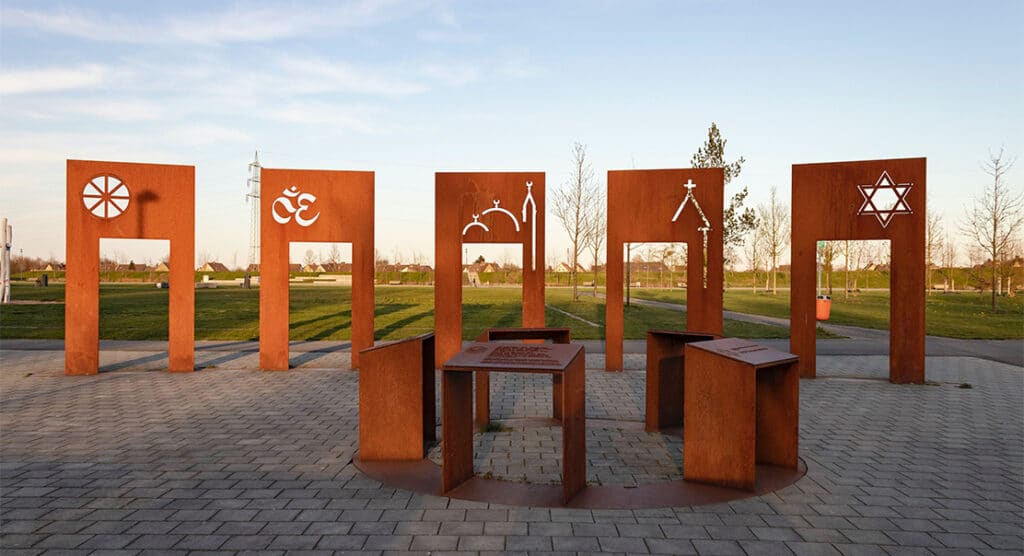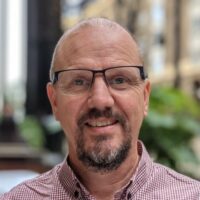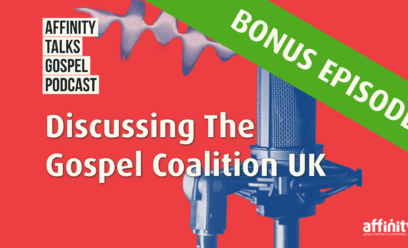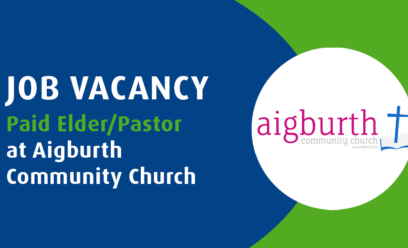Many of our neighbours now identify as having ‘no religion’

John Lennon, in the classic song Imagine, dreamt of a world where there was no religion. He saw the absence of religion as part of a progression towards a more loving, less divided world. Britain in the 2020s is moving towards a point where no religion is the preferred choice on a poll. Seemingly then, John Lennon’s dream is becoming reality, but does that really mean we have a better world for it?
We already know from the ONS that in 2021, for the first time in a census, less than half of the population of England and Wales – 27.5 million people (46.2%) – described themselves as ‘Christian’.
Now the ONS have produced an interactive map (embedded at the bottom of this article) which shows the religious affiliation of the people across England and Wales in granular detail.
Christianity is still the most common answer to the census question about religion, but the number has reduced and those identifying as having ‘no religion’ have increased sharply between 2011 and 2011 by 57% (about 8 million people). The number of Christians fell in every region and smaller religions such as Satanism also increased in popularity.
‘Muslim’ is the third most common answer to the religion question. Muslim populations tend to live in densely populated urban areas, where in some segments they represent a very significant proportion of the population there – this can be 70-80%.
London saw the smallest relative fall in Christians with a drop of 10%. This is probably affected by Christians from other countries moving into the capital. However, there are no large areas where the vast majority are Christians.
A call to urgent evangelism
This hasn’t brought about a more fair and just society or an end to strife. We are divided on many issues in this country – Brexit, Covid, climate change and strikes to name a few. The absence of religion doesn’t make us better people. It doesn’t mean we stop being worshippers or having a moral code. We just make one up and then disagree about it.
But more than discrediting a pop song written in the 1970s, this map is a call to fervent prayer and urgent evangelism. These are the harvest fields – colour coded on the map – and what Jesus would describe as white for harvest (John 4:35). People harassed and helpless like sheep without a shepherd. Pray that the Lord would send labourers. And be ready to be one.

Related articles
Stay connected with our monthly update
Sign up to receive the latest news from Affinity and our members, delivered straight to your inbox once a month.



